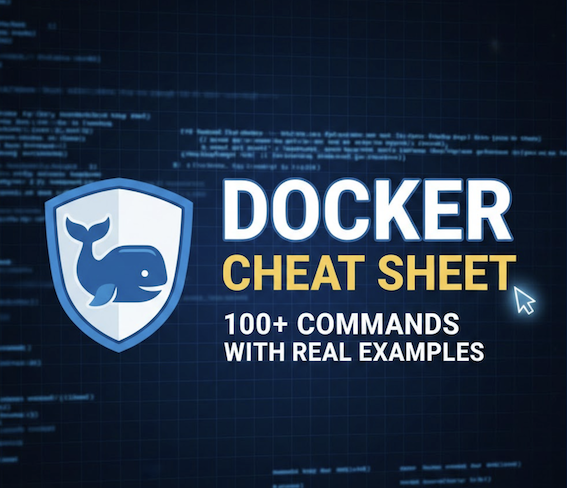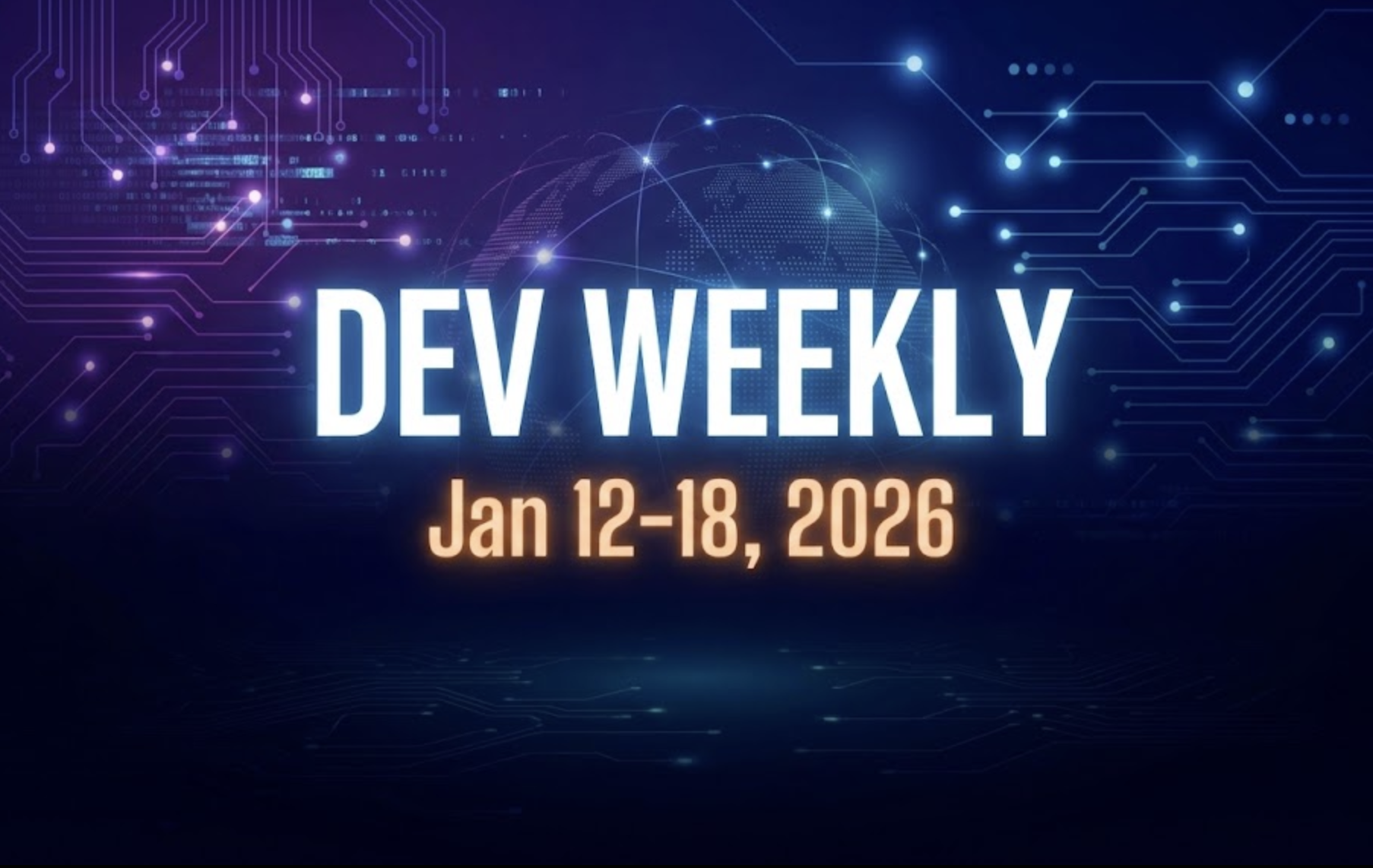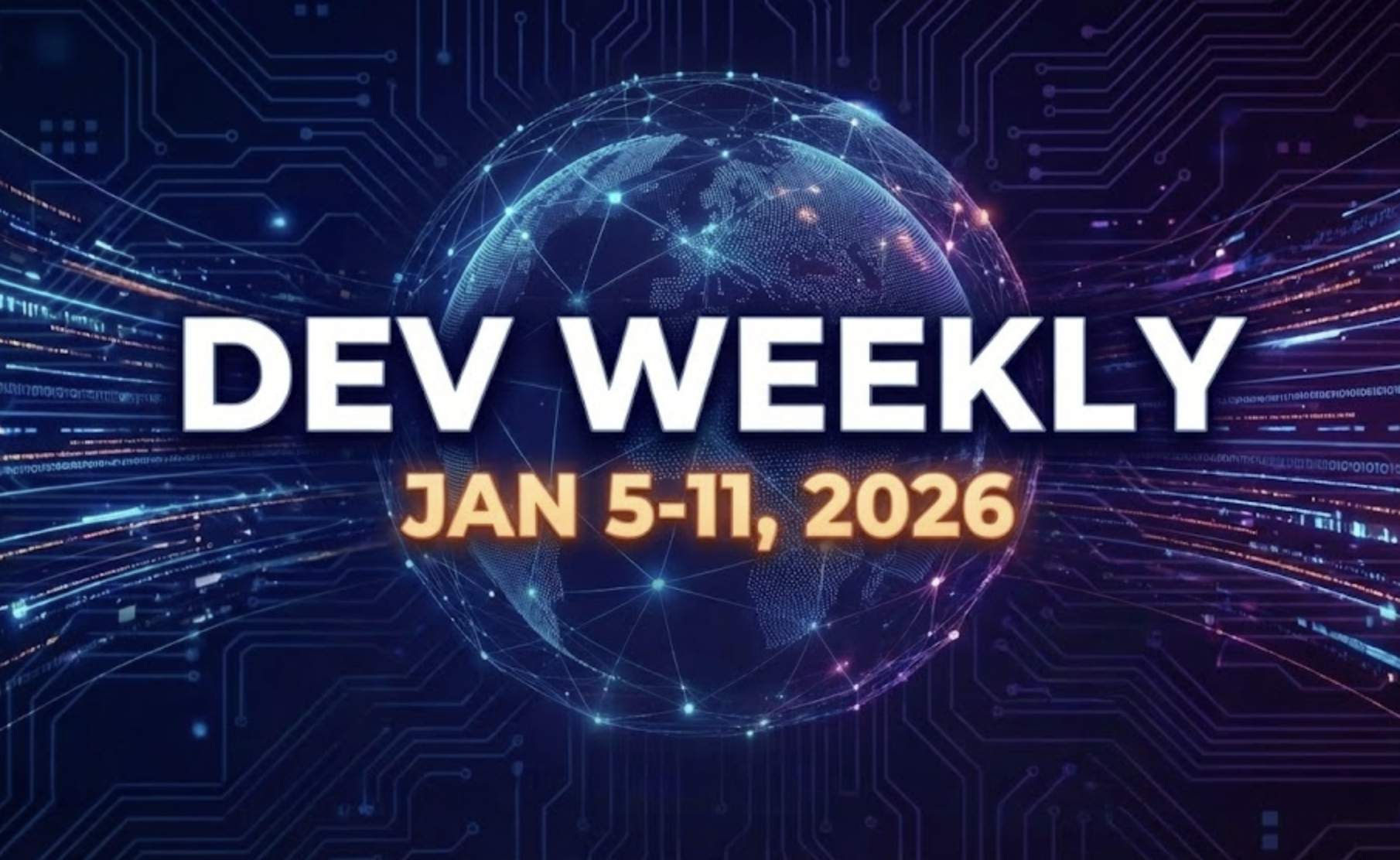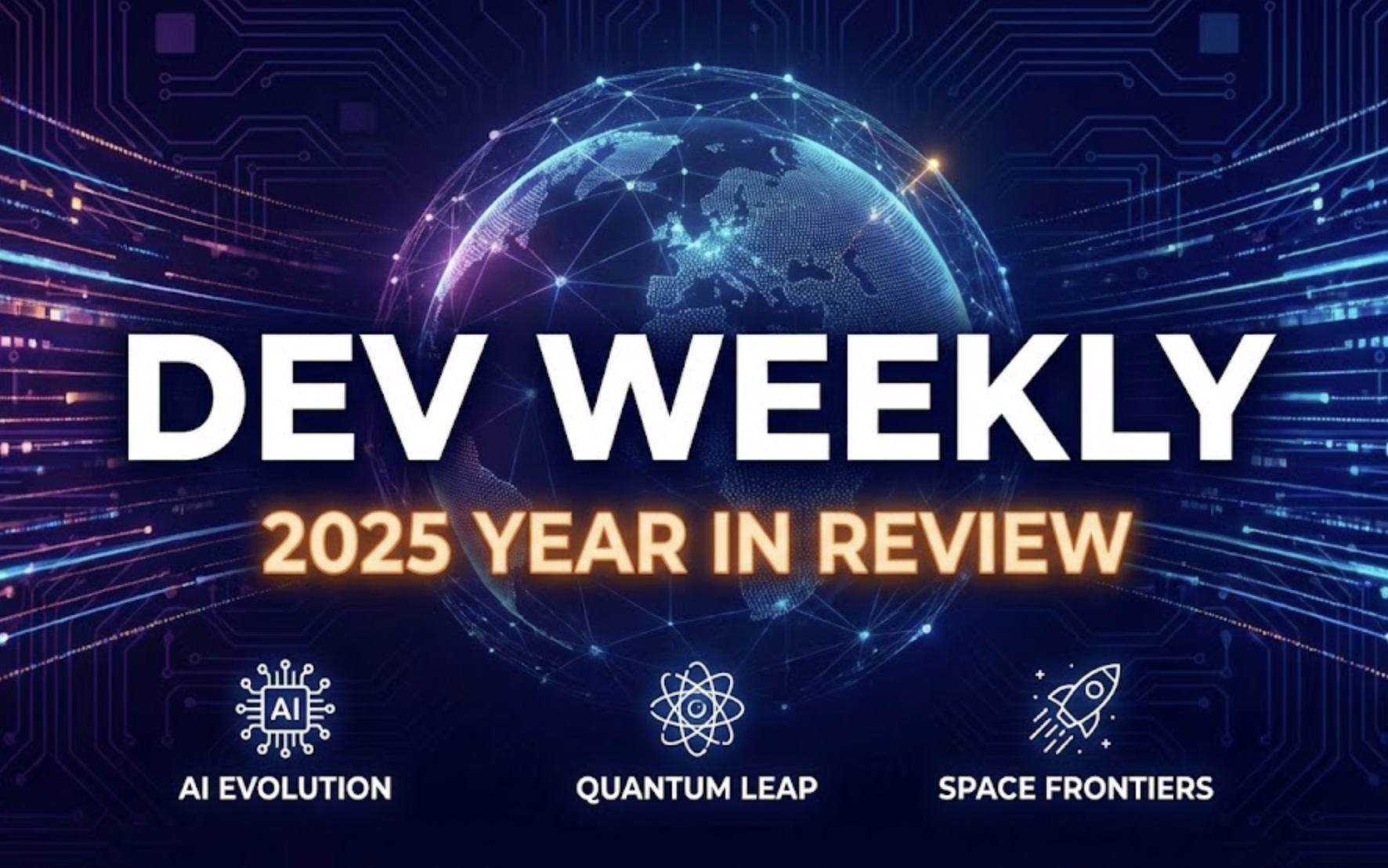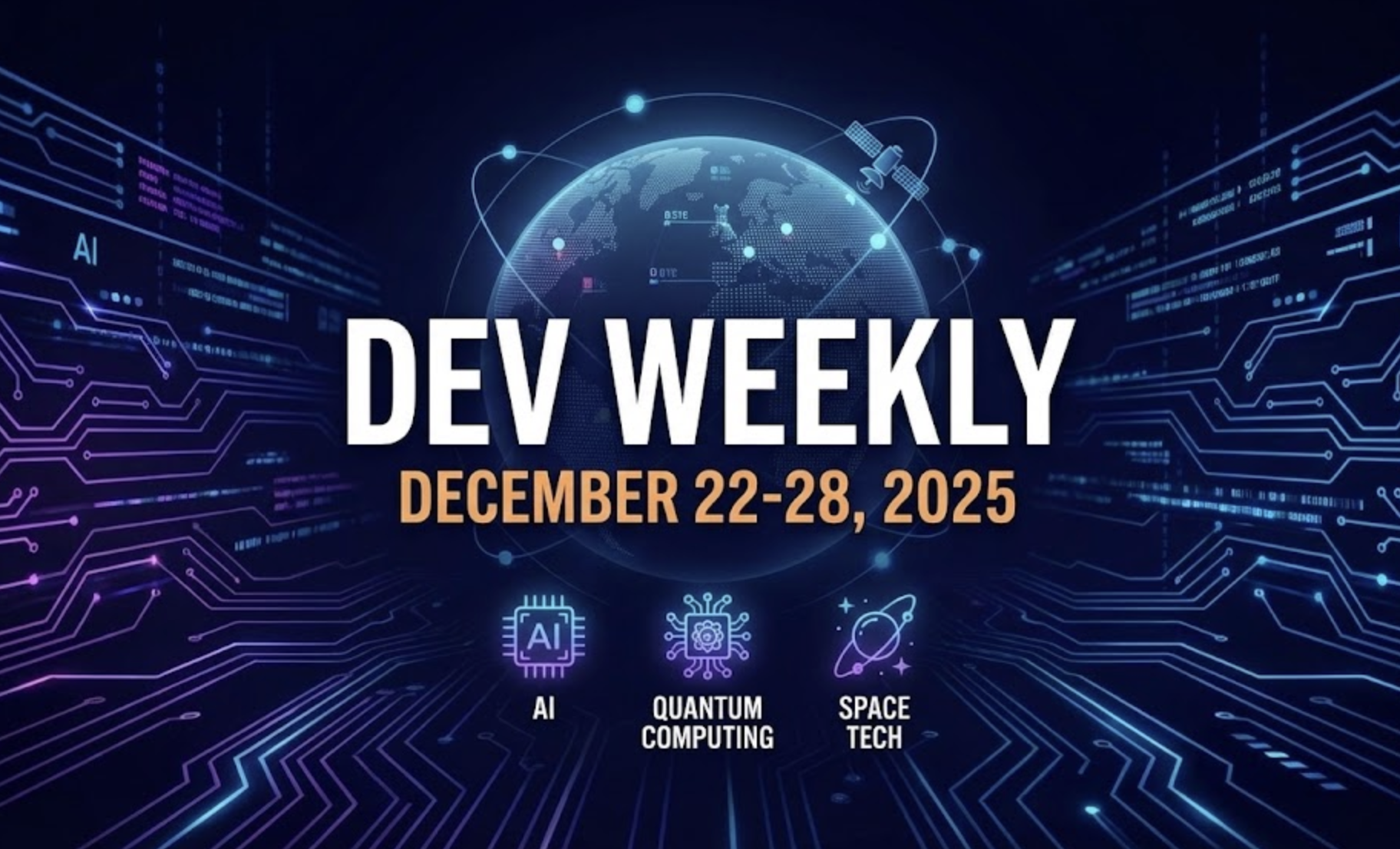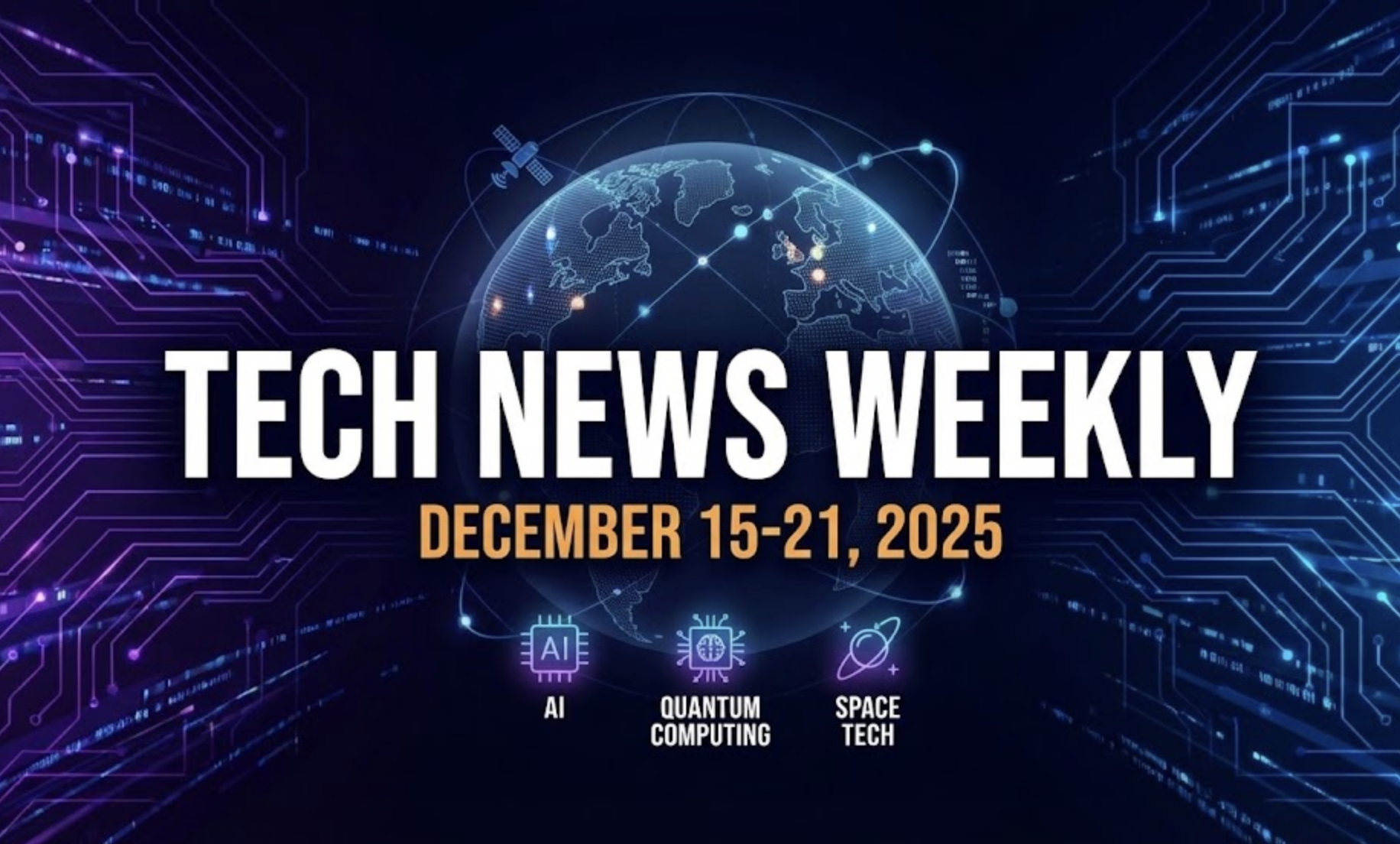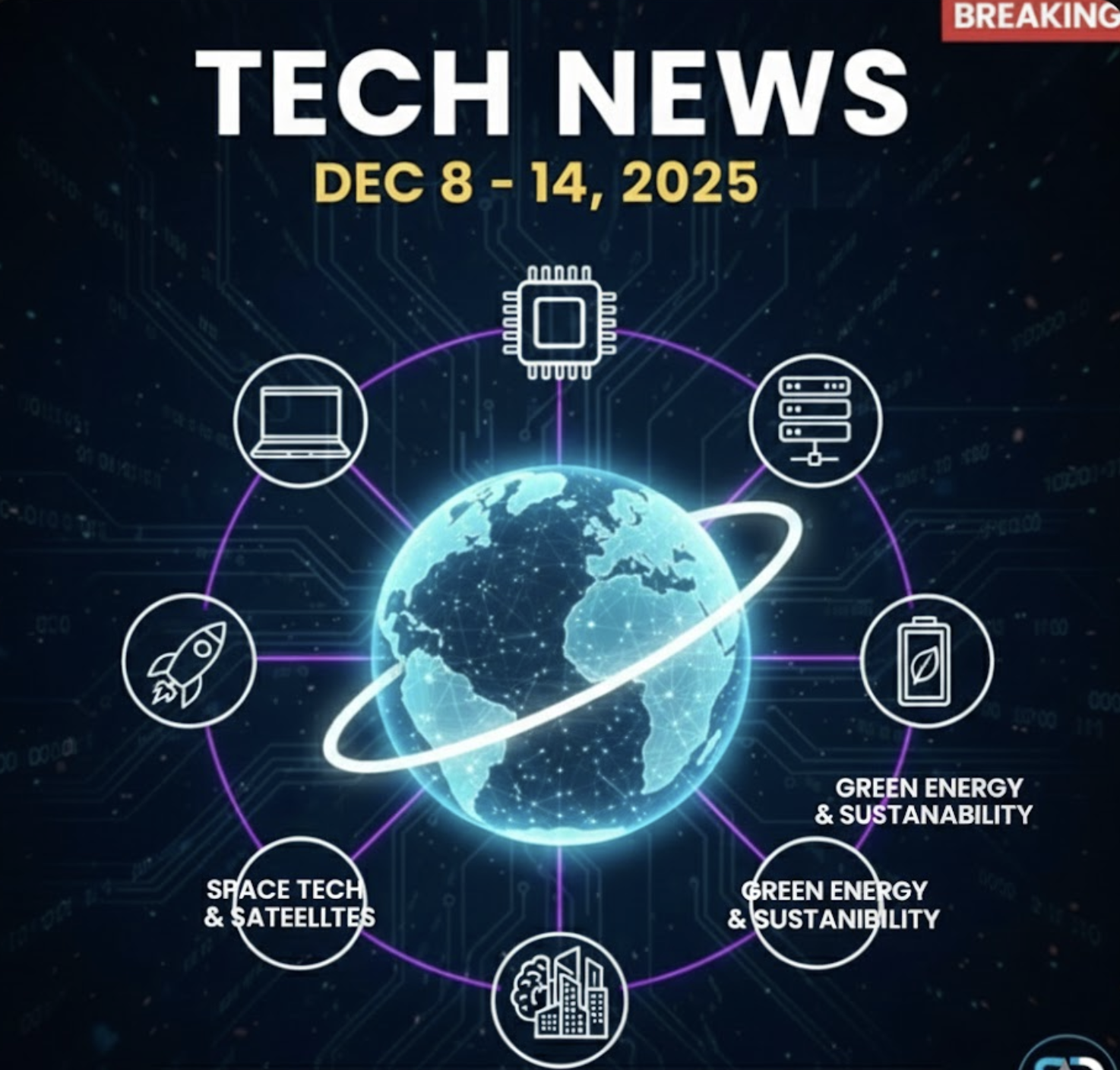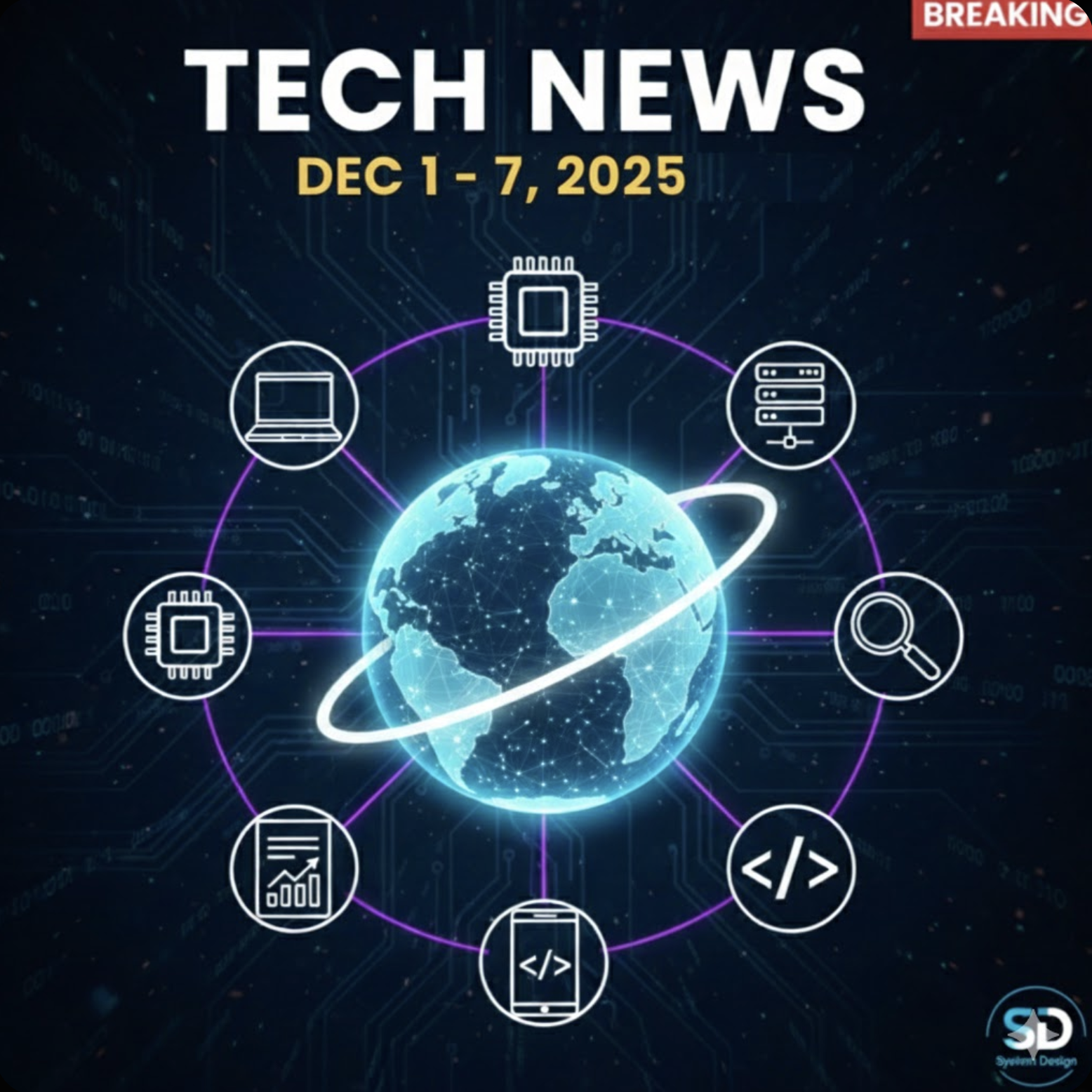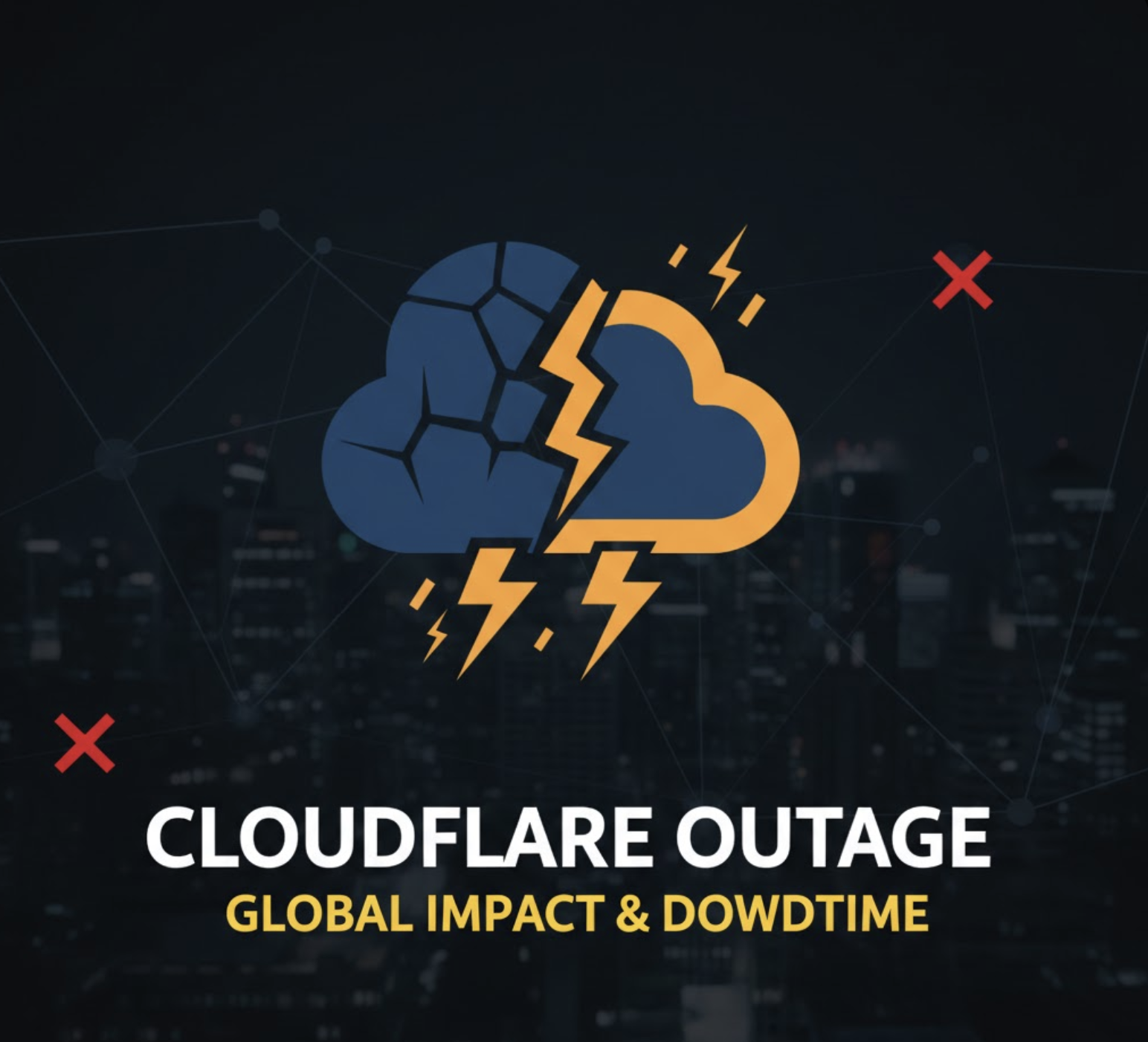The fourth week of September brought some of the biggest tech industry shakeups of the year. From Nvidia’s historic AI investment to immigration policy changes that have developers reconsidering their career plans, here’s what dominated the conversation.
🔥 Top Stories This Week
Nvidia Bets $100 Billion on AI’s Future - 🌐
Nvidia announced the largest AI infrastructure investment in history: $100 billion to build OpenAI’s next-generation data centers. This partnership will deploy 10+ gigawatts of computing power - enough to power a small country.
What this means:
- Nvidia solidifies AI dominance - this could push their market cap past $4 trillion
- OpenAI gets unlimited compute - removing the biggest bottleneck for AGI development
- Competition heats up - Google, Amazon, and Microsoft now face a unified AI powerhouse
Jensen Huang called it “the next leap forward” in their decade-long partnership. For developers, this means more powerful AI models and potentially cheaper API access as compute scales up.
H-1B Visa Fees Jump to $100,000, Tech Industry Panics - 🌐
The U.S. government dropped a bombshell: new H-1B visa applications now cost $100,000. The policy aims to “prioritize American workers” but has sent shockwaves through tech companies that rely on international talent.
The immediate impact:
- Amazon, Google, Microsoft scrambling to adjust hiring plans
- Existing visa holders unsure about renewals and travel
- Startups effectively priced out of H-1B hiring
- Offshoring acceleration as companies move operations to Canada and India
For developers, this creates a two-tier system: those already in the U.S. become more valuable, while international talent faces massive barriers to entry.
Meta’s AR Glasses Finally Look Normal - 🌐
At Connect 2025, Meta unveiled the Ray-Ban Display glasses with the Neural Band gesture controller. Unlike previous AR attempts, these actually look like regular glasses.
Key features:
- Heads-up display overlays navigation and AI recognition
- Neural Band reads hand gestures and neural signals
- No voice commands needed - control through subtle gestures
- All-day battery life with wireless charging case
This could be the first AR wearable that people actually want to wear in public. The gesture control eliminates the awkwardness of talking to your glasses.
🔒 Security & Infrastructure
Defense Contractors Face New Cybersecurity Rules - 🌐
The Cybersecurity Maturity Model Certification (CMMC) rule takes effect November 10th. Defense contractors must now undergo cybersecurity assessments to qualify for contracts.
What developers need to know:
- Phased implementation starting with high-priority contracts
- Third-party assessments required for certification
- Supply chain security becomes mandatory
- Documentation requirements increase significantly
This affects any developer working on defense-related projects or considering government contracts.
Judge Blocks Anthropic’s $1.5 Billion Copyright Settlement
A federal judge rejected a massive $1.5 billion settlement between Anthropic (makers of Claude AI) and a group of authors over copyright infringement. The case centers on using copyrighted books to train AI models without permission.
Why the judge said no:
- Settlement terms weren’t fair enough to affected authors
- Precedent concerns for future AI training lawsuits
- Inadequate compensation relative to the scale of alleged infringement
The ruling sets new hearings and keeps legal questions about copyright and AI training far from settled. This affects every AI company using copyrighted content for training data.
For developers working on AI projects, this highlights the ongoing legal uncertainty around training data sources. Companies may need to be more careful about data provenance and licensing.
AI Red-Teaming Gets Serious - 🌐
The Software Engineering Institute published new guidelines for AI red-teaming - essentially penetration testing for AI systems.
Key recommendations:
- Adversarial prompt testing to find model vulnerabilities
- Data poisoning assessments for training pipeline security
- Output validation to prevent harmful content generation
- Bias detection across different user groups
As AI becomes critical infrastructure, security testing becomes essential. Expect “AI security engineer” to become a hot job title.
🛠 Developer Tools & Releases
Atlassian Acquires DX for $1 Billion - 🌐
Atlassian bought DX, a developer productivity platform, for $1 billion. DX provides analytics on developer workflows, code review times, and deployment frequency.
This acquisition signals Atlassian’s push beyond project management into developer experience optimization. Expect tighter integration between Jira, Confluence, and developer metrics.
YouTube Gets GenAI Tools for Creators - 🌐
Google added generative AI tools to YouTube Studio:
- Automated thumbnail generation from video content
- AI-powered title suggestions based on trending topics
- Content optimization recommendations for better reach
- Live streaming enhancements with real-time AI assistance
For developer YouTubers and tech content creators, these tools could significantly reduce production overhead.
💻 Programming Languages & Frameworks
Python Holds Top Spot Despite Slight Dip
Python remains the most popular programming language according to the latest TIOBE Index, though its rating slipped slightly this month. The language continues to dominate at around 25-26% market share.
Notable movements in the rankings:
- Delphi/Object Pascal climbed to 9th place, overtaking Perl
- SQL is close to rejoining the top 10 at 11th place with growing interest in database work
- Go maintains its strong position in the top 10
The slight Python dip doesn’t indicate declining popularity - it’s more about the overall programming language ecosystem expanding and maturing.
PostgreSQL 18 Released with Major Performance Boost - 🌐
PostgreSQL 18 dropped on September 25th with some game-changing features:
Asynchronous I/O System:
- 2-3x performance improvements for sequential scans and VACUUM operations
- Uses Linux
io_uringfor non-blocking disk operations - Massive boost for data-heavy applications
OAuth 2.0 Authentication:
- Built-in support for Okta, Keycloak and other identity providers
- Centralized credential management
- Better security for enterprise deployments
Virtual Generated Columns:
- Compute values on-the-fly without disk storage
- Perfect for JSON data transformations
- Reduces storage overhead significantly
Developer Experience:
- Enhanced
EXPLAIN VERBOSEoutput for better query debugging - Dynamic extension loading from any directory
- Improved upgrade process with
--swapoption
For developers using Postgres, this is a must-upgrade release. The async I/O alone makes it worth the migration effort.
Rust 1.73.0 Now Available
Rust’s latest version brings:
- Improved compile times for large projects
- New standard library APIs for better ergonomics
- Enhanced WebAssembly support
- Better IDE integration with rust-analyzer improvements
📊 The Numbers That Matter
- $100 billion - Nvidia’s investment in OpenAI infrastructure
- $100,000 - New H-1B visa application fee
- $1.5 billion - Anthropic copyright settlement rejected by judge
- 10 gigawatts - Computing power from Nvidia-OpenAI partnership
- $1 billion - Atlassian’s acquisition of DX platform
- 25-26% - Python’s market share in TIOBE Index
- 2-3x - PostgreSQL 18 performance improvement with async I/O
💭 What This Means for Developers
This week highlighted four major shifts:
AI infrastructure is consolidating: The Nvidia-OpenAI partnership creates a dominant AI computing platform. Developers should expect more powerful models but potentially less competition in AI infrastructure.
Immigration policy affects tech talent: The H-1B fee increase fundamentally changes how companies hire international developers. Expect salary premiums for developers already in the U.S. and more remote-first hiring.
AI legal landscape remains murky: The rejected Anthropic settlement shows copyright issues around AI training data are far from resolved. Developers working on AI projects need to be extra careful about data sources and licensing.
AR is becoming practical: Meta’s glasses look normal and work intuitively. AR development skills may become as important as mobile development was 15 years ago.
The tech industry is entering a new phase where AI capabilities, talent access, legal frameworks, and interface paradigms are all shifting simultaneously. Developers who adapt to these changes early will have significant advantages.
Missed a story we should have covered? Drop us a line - we’re always looking to improve our coverage.
